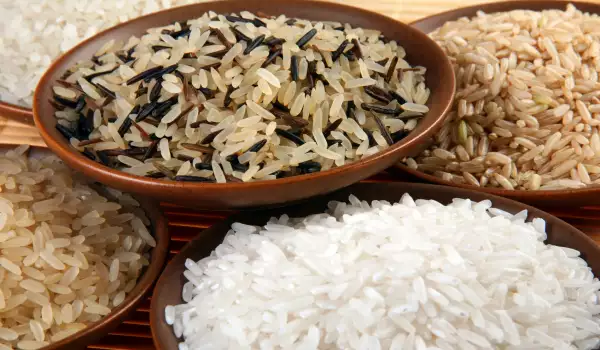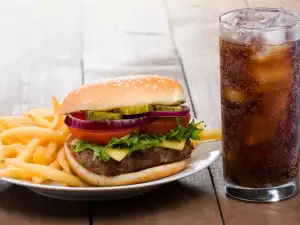Carbohydrates are the body's main energy source. They supply not only the muscles with the energy they need, but are also responsible for the proper functioning of the central nervous system. This is due to the fact that the brain uses them as the main energy source.
Insufficient carbohydrate intake leads to hypoglycemia – low blood sugar. The condition is characterized by fatigue, drowsiness, irritability, even loss of consciousness.
Carbohydrates fall into two main categories: simple and complex. Simple carbohydrates go through the digestive system very quickly, almost instantly. Sweetened foods are made up of such carbohydrates. These are biscuits, sweets, sugar, honey.
Complex carbohydrates are single carbohydrates, that are combined into one. Before supplying the body with energy, they are first broken down in the digestive tract.
Complex carbohydrates are more favorable for the blood sugar level, because they supply the body with glucose for a longer time. As soon as the blood sugar level is constant, a person feels fresh and energized.
Although both simple and complex carbohydrates provide the body with the necessary amount of glucose, the latter have several advantages.
They provide the body with a variety of fibers, vitamins and minerals.
Complex carbohydrates serve to provide several essential components: they are energy fuel, they save protein, they are an important means of fat metabolism.
The most important task of complex carbohydrates is to provide energy for the body during physical exertion. It is extremely important to have enough carbohydrates in the body to maintain glycogen levels. With a lack of glycogen, glucose cannot be formed.

Complex carbohydrates spare stored protein. If the body begins to use proteins as a source of energy, a negative nutritional balance will result.
During the breakdown of complex carbohydrates, products are released without which fat metabolism cannot happen.
Complex carbohydrates are found in all whole grains, oats, rice, vegetables and legumes.
















Comments